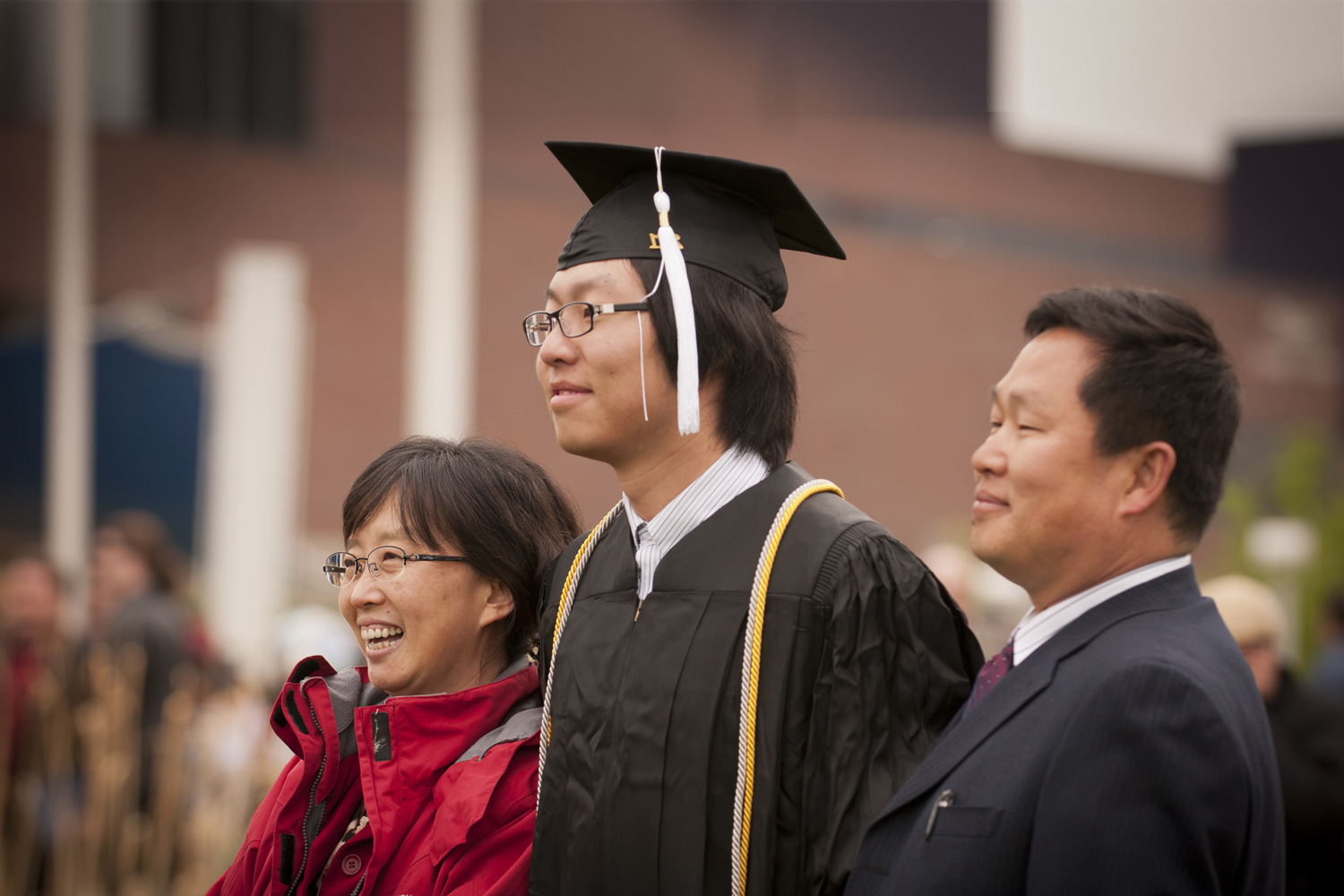The Lights of Spring: Lantern Festival Banquet 2013
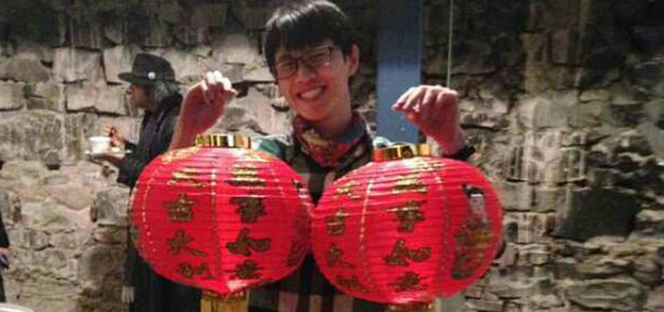
by Lichao Sun
To celebrate the coming of spring, the ICB Club and Chinese Student & Scholar Association (CSSA) hosted a banquet for Chinese students and others interested in traditional Chinese cultures.
The Lantern Festival, also known as the Shangyuan Festival, falls on the 15th day of the first month in the Chinese lunar calendar, which is the last day of the Spring Festival, as well as the first full moon of the New Year. Its origins date from 2,000 years ago in the Han Dynasty as a celebration to honor Buddha. People hung lanterns, sang, and danced in temples and streets. Today the festival celebrates family togetherness and unity, but Chinese maintain some of the old traditions, including hanging lanterns and eating yuanxiao, a special dim sum dish.
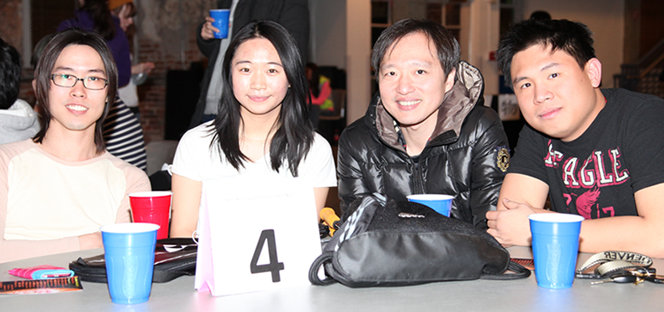
In the spirit of unity, festival hosts randomly arrange people of diverse backgrounds and ages to sit at round tables. This allows people to talk easily and share food with each other. At each round table you’ll find varieties of scrumptious, traditional Chinese dishes, such as sesame chicken and black pepper beef. Not to mention yuanxiao, glutinous rice balls filled with combinations of nuts, sesame and beans.
Our celebration this year offered Chinese New Year fanfare with more entertainment and cultural activities than in years past. ICB Students sang, danced, and played games on the elaborate stage decorated with red lanterns and New Year paintings. Junfei Tian, a third-year communication student, interpreted a piece from the Peking Opera. And fourth-year ICB pop singers Zehua Wang and Fei Min, the king and queen of the ICB Karaoke Competition last year, sang a few popular Chinese songs along with their American friends.
“ICB and CSSA gave us a great show,” commented photographer Siyu Cai. “Although it was my first lantern festival without family, during the banquet I sensed an atmosphere similar to ones I knew in China. I enjoyed taking these delightful and joyful moments by my hand.”
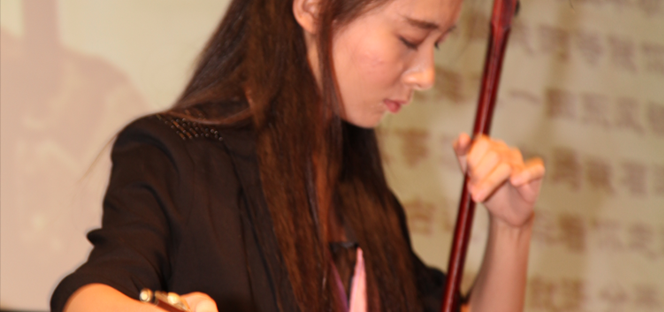
Some students exchanged gifts, greeting cards, and traditional Chinese toys with others in a special ICB Club corner. Ke Liu, a senior communication student, provided this idea of gift exchange at the banquet. “The festival is more than a dinner party. I hope this corner offers a chance for people to express themselves. It should be an opportunity for students to get to know each other and make new friends.”
In another Lantern Festival tradition, students played solving riddles at the end. On slips of paper, the hosts provided riddles, which mostly were based on traditional Chinese poems, stories, and events. One by one, students then selected a riddle at random. And those who answered correctly received small gifts at the end of the party. The game of solving riddles appeared to excite those American students interested in traditional Chinese culture.
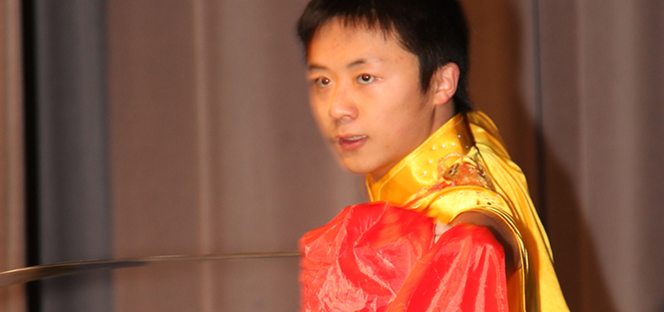
ICB president Xiaonan Chu and CSSA president Hang Zhao both expressed their appreciation to those who participated in the celebration. And students left looking forward to ICB’s Date Night and Annual Student vs. Faculty/Staff Basketball Game to be held later during the spring semester.
UPDATES
International College Beijing
-
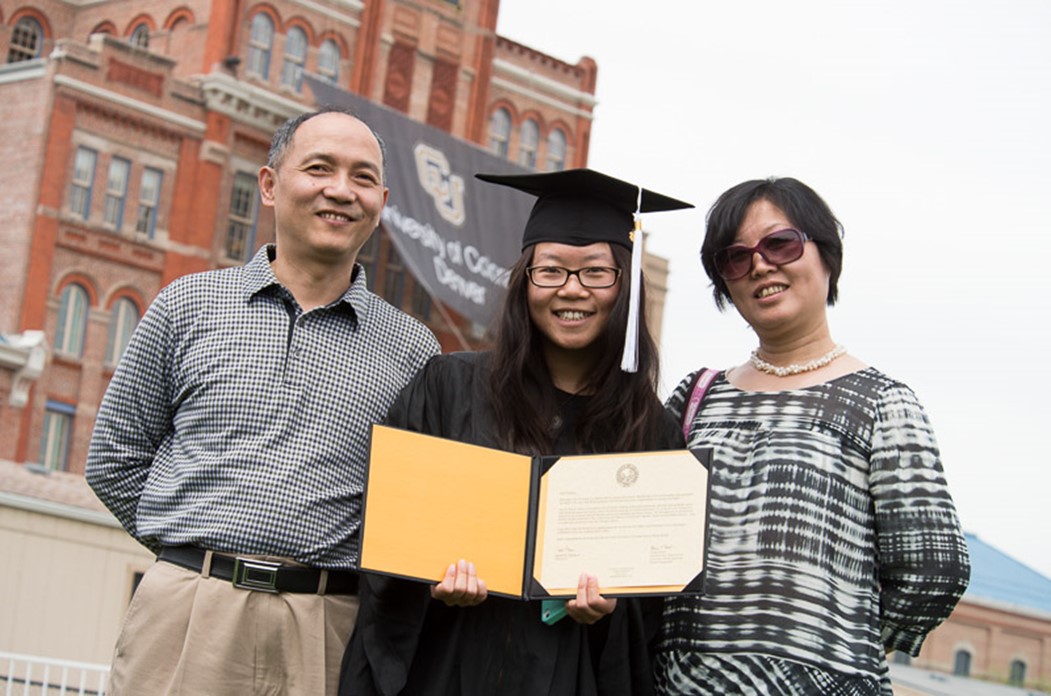
ICB Graduate Fellowship Provides Support
Oct 4, 2021The scholarship, which was launched eight years ago, provides $5,000 annually to an outstanding ICB student who chooses to pursue graduate studies at the University of Colorado Denver. A wide range of graduate programs are available, including applied mathematics, accounting, finance, risk management, public affairs, communications, economics, business, biostatistics, clinical science, and many other degree programs.Full story -
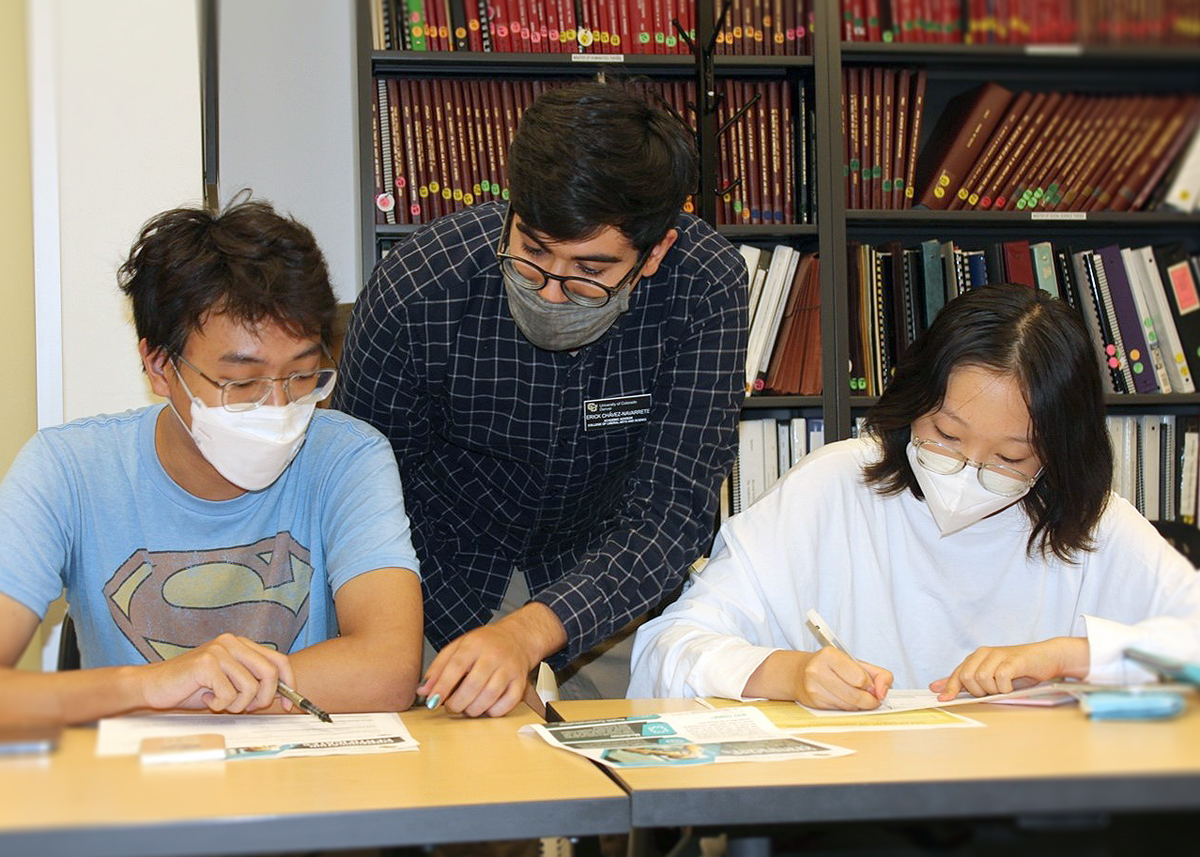
Personalized Attention
Sep 21, 2021Questions were answered, academic guidance was provided, and helpful facts were shared as CU Denver faculty and advisors met with ICB students who had recently arrived in Denver. The students gained a better understanding of certificate program options such as health communication and mediation. They also found out more about communication pathways , including global and intercultural communication.Full story




